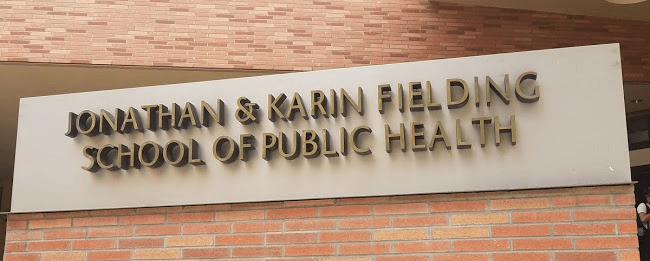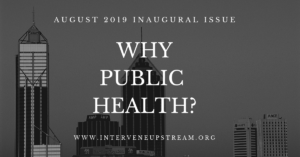Growing up as Cameroonian Muslim immigrants, my family struggled with the healthcare system because we were low-income and our providers didn’t culturally or linguistically relate to us.
Public health is important because of its emphasis on preventative care: fixing a problem before a health condition worsens, an issue widespread in underserved communities. In my case, the Black community (both immigrant and native) faces inequities related to accessibility and having providers with cultural relatability. A systemic lack of cultural competency and humility results in poor health outcomes, a shallow patient-provider relationship and ineffective or absent health education. My interest in public health stems from my drive to achieve health equity for underserved communities. Health equity as a concept focuses on understanding the discrepancies in health access available to communities depending on their socioeconomic standing, race or background. Public health stems from a desire to connect communities to resources, reduce inequities and improve health outcomes. It touches upon social justice, education and connecting community, specifically with how the environment impacts health and the provision of healthcare.
Reflecting on my own life as an immigrant in the Bay Area, I have seen firsthand the lack of accessibility my family experienced and the hurdles we had to jump over in order to maintain safe living conditions while also attempting to live healthy, fulfilling lives. We depended on our more-acclimated immigrant neighbors to navigate healthcare, education and government assistance programs. I often think about how if we never immigrated to the United States, lived in that specific neighborhood or grew up in that specific community, the opportunities I would have never surmounted to the ones I attained today.
Pursuing public health has been one of my proudest achievements because it allows me to be in a field where I am combining all of my interests while also making a change to society. As an MPH student in the environmental health sciences department at University of California – Los Angeles, I am learning every day that public health is more than the health of our bodies. Health includes where we live, where we work, where we play and where we go to school. Every aspect of our lives is related to public health – and our response dictates the course of our health and well-being.
Being on the frontline of this research has opened my eyes to the needs of improvement for our communities. The struggles that marginalized communities, including my own family, have with the healthcare system here highlights the underlying inequities in the health sphere. My vision for the future includes a society whose foundation is public health equity, where every person is dignified in their quality of care, which is a right we all have as human beings. Public health is a personal experience, and we all have our stories that shaped who we are as individuals and the trajectories we took.
- The Immortal Life of Henrietta Lacks – Book Review - January 14, 2020
- Why Public Health? From Personal Experience to Proudest Achievement - August 20, 2019




Pingback: Introducing Intervene Upstream: 2019 Inaugural Release » Intervene Upstream, the online peer-reviewed public health publication for graduate students